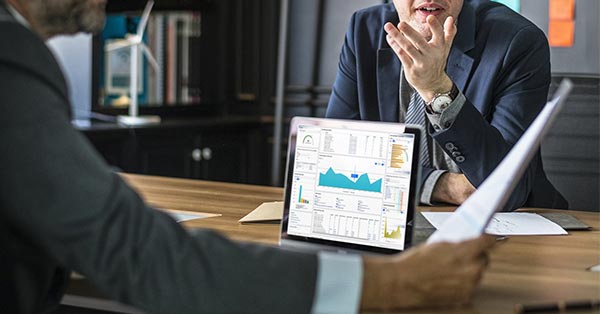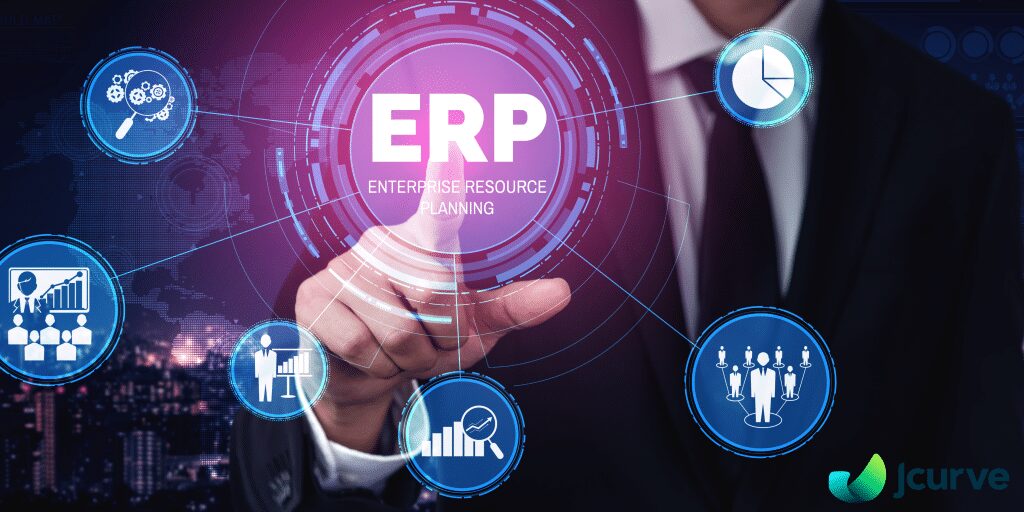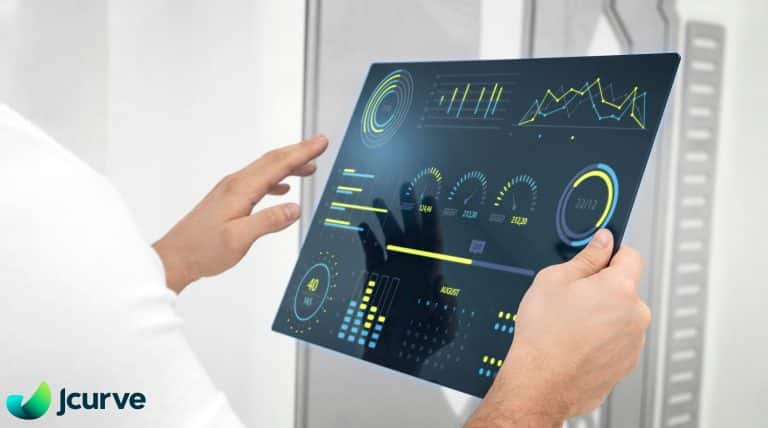A well-known philosopher coined the phrase, “The whole is greater than the sum of its parts”. That’s an old expression that describes modern ERP software very well. More on that later. Let’s start by answering that question, “What is an ERP System?”.
About the actual ERP meaning: ERP stands for Enterprise Resource Planning, and it’s a business term that’s not particularly descriptive. In short, ERP System means a single software application that handles all aspects of a companies operations – and it can also mean a platform for business success.
When you think of business software, many different applications spring to mind. It might be the email software you use, spreadsheets, word documents, sales tracking or even accounting packages. All businesses rely on software in one form or another. Software helps companies keep records of customer details, communicate, track stock, manage finances, and more.
“When you run your business on one software platform, you start to gain significant benefits. Some of those benefits wouldn’t be possible using multiple systems; such as single-source data.”
Some software packages are created for a specific purpose. Inventory management software, for example, maintains inventory. CRM (Customer Relationship Management) software records customer details and interactions. Accounting software manages financial records and transactions. You get the idea. An ERP system, on the other hand, handles all core business functions – and brings it all together into one place.


ERP software also empowers you to make better business decisions. Reporting and business intelligence all happens in the one place, referencing accurate, single-source data. You don’t have to wait for days while reports are manually compiled and cross-referenced. You can simply refresh reports – at the click of a button – to see live, up-to-date information. Making timely, agile decisions becomes the new standard. Many cloud ERP systems include powerful dashboards with helpful trend graphs, report snapshots, KPI meters, and more, that give you valuable insights at a glance.
“An ERP system can reduce manual errors, provide trustworthy, single-source data, improve operations, and help you make better business decisions. When all these things come together, optimizing cash flow and becoming a more profitable business becomes the new standard.”
It’s not all about data though. A system that brings business operations together also delivers compelling efficiencies. You can start to automate low-value, time-consuming tasks across the business. Best-practice processes open up better ways of managing operations. Pre-defined triggers can help you communicate with customers, manage stock, and control finances faster – and with less manual effort.


What does it all mean for your business? An ERP system can reduce manual errors, provide trustworthy, single-source data, improve operations, and help you make better business decisions. When all these things come together, optimizing cash flow and becoming a more profitable business becomes the new standard. Agile, data-driven decisions can be made that help your business see greater success.
What is an ERP system? In short, it’s a platform for business success.









